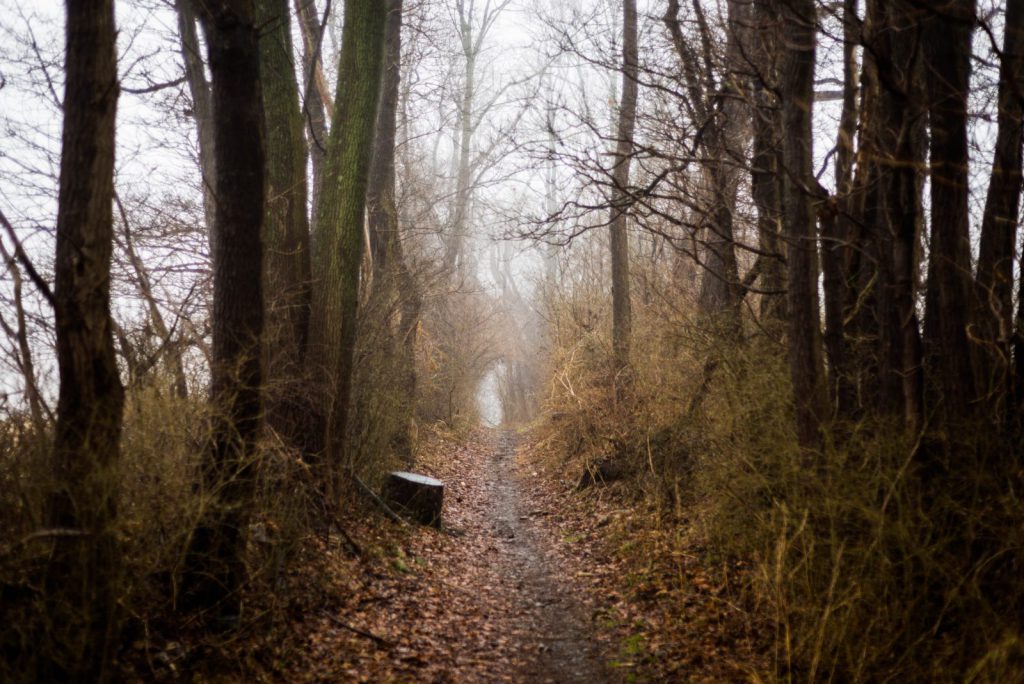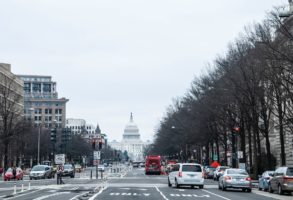
Published June 13, 2018
I recently attended an academic seminar, along with some of the most thoughtful and distinguished members of what is sometimes called the ‘liberal establishment’. The topic was ‘the crisis of liberalism’. Many of those present believed that there is such a crisis, and that it is caused by the inability of liberal ideas to prevail over the growing threat of ‘populism’. The thing called populism is amorphous and eludes every attempt to define it. However it is out there and ready to pounce, as it did with the election of Donald Trump, with the vote for Brexit, and with the recent emergence of the Italian Five Star Movement, the German AfD and the National Rally in France, formerly the Front National.
Whether or not there is such a thing as populism, there is certainly such a thing as liberalism. It is associated with the great names of Enlightenment thinking, including Locke, Montesquieu, Hume, Kant and Smith, according to whom the business of government is not to gratify autocratic power, but to maintain individual liberty. Liberalism is the philosophy of limited government. It seeks to reconcile the liberty of citizens with the equal liberty of their neighbours. It has an ideal of civic patriotism, which unites us in a shared commitment to defending the government that protects us all. It leads of its own accord to democratic institutions, since it aims to make government accountable to the people.
Hence liberalism frees the law from all more visceral ties. It regards citizens as equal participants in the political process, regardless of ethnicity, religion or class. We belong together, liberalism tells us, because we ourselves create the law that governs us, with the aim of freeing and protecting us all.
That vision is shared by conservatives too. Even the movements dismissed as ‘populist’ subscribe to the liberal idea of constitutional government. In a real sense we are all liberal constitutionalists now, and the presence among us of religious fanatics prepared to murder in the service of their God has only served to confirm our commitment to the liberal inheritance.
But is that the view of liberals? Liberals, I have discovered, are suspicious of traditional loyalties. They defend alternative lifestyles and nonconformist behaviour. They are not attached to any religious institution and feel the call of patriotic duty only weakly. In the recent referendum they would have voted with the Remainers, and when confronting a Leaver they are likely to sniff out the traces of ‘racism and xenophobia’, which are the odours emitted by populists when cornered by their sophisticated critics.
As a result, when it comes to any form of traditional attachment, liberals are against it. When it comes to the big questions they are resolutely opposed to established interests. They identify with oppositional causes, even if — especially if — it is our tradition of liberal government that is the target. Two recent issues have convinced me of this.
The first is the law that makes hunting with hounds a crime. This aimed to extinguish an activity central to rural society for centuries. Of course hunting has no place on the list of liberal amusements. But either you believe in limited government or you don’t. And if you do, you must recognise, with John Stuart Mill, that the business of government is not to mend our morals but to protect our freedoms. What was most striking was that no self-described liberal spoke out against this outrageous expansion of legislative power. The aim was to extinguish a way of life that was of no interest to liberals. So why should a liberal bother?
The other example is the sexual abuse of young girls by immigrant communities. About these cases (in Rotherham, Oxford, Shrewsbury and elsewhere) nobody in authority would tell the truth until forced to do so, for fear of the ‘racist’ label. ‘Racist’ is an accusation that liberals will go through any amount of contortion to avoid, and if, in order to avoid it, you have to grant immunity to gangs of immigrant criminals, so be it.
These cases remind me that the tradition of liberal government exists because we wish to extend the protection of the law to everyone, regardless of faith, ethnicity or family connections. The fate of the Rotherham girls should have awoken the indignation of the entire liberal elite. But it was the liberals who decided that it was best to keep quiet about it, for it was they who had invented and thrived upon the ‘racism’ meme. I conclude that there is indeed a crisis of liberalism, and that the crisis is liberals.
Sir Roger Scruton is a senior fellow of the Ethics and Public Policy Center.








